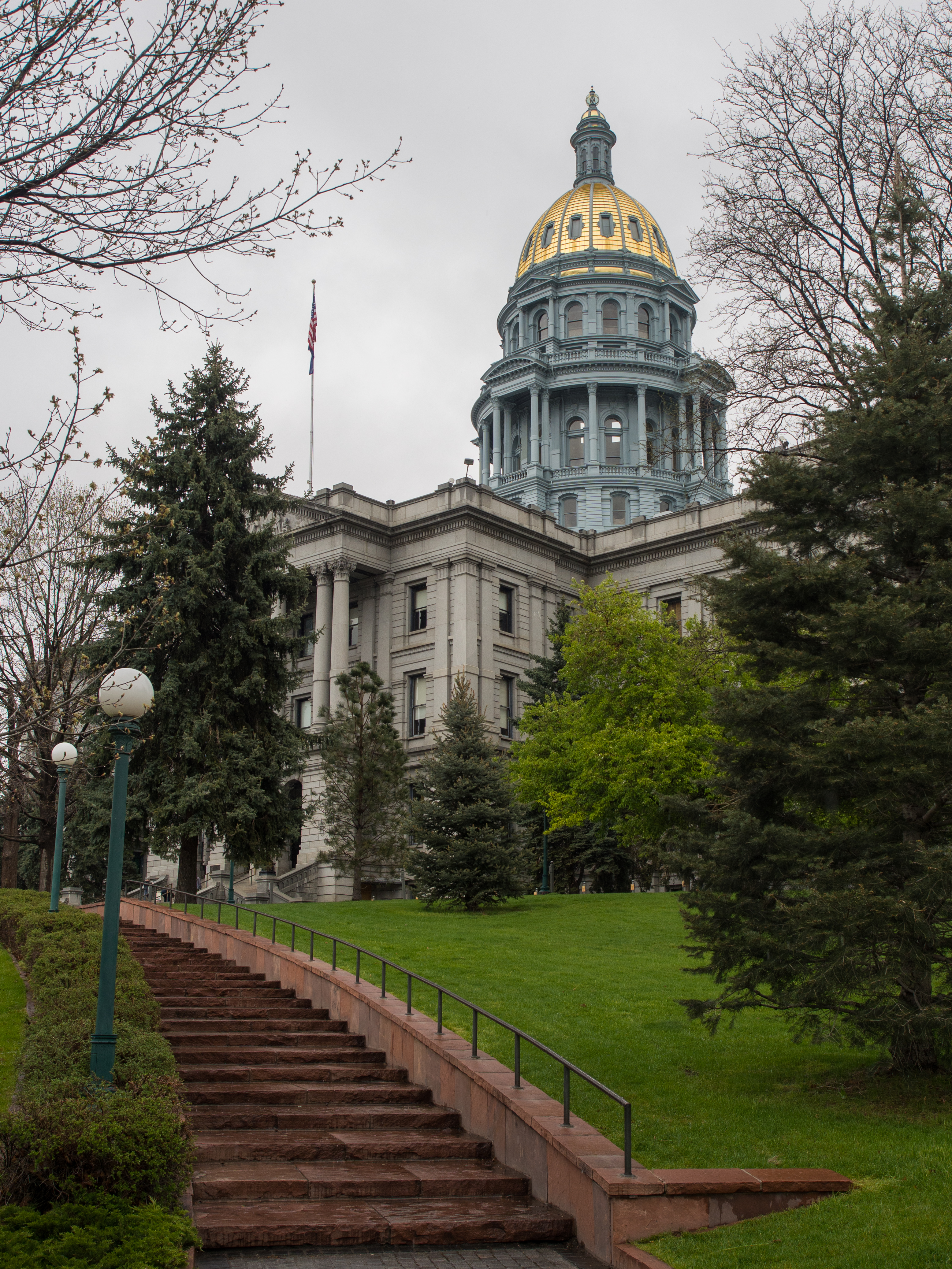Eleven ballot initiatives cleared for signature gathering in Colorado face a signature deadline on August 8. To qualify for a spot on the November ballot, proponents need to submit 124,632 valid signatures.
The 11 initiatives concern topics including abortion, alcohol regulations, decriminalizing psychedelic plants and fungi, housing, utilities, healthcare, campaign finance, and education funding.
Initiative 56, sponsored by Colorado Life Initiative, would prohibit abortion in the state. Specifically, it would prohibit “intentionally causing the death of a living human being at any time prior to, during, or after birth while the child is under the age of 18 years by using or prescribing any instrument, medicine, drug, or any other substance, device, or means, and causing death.”
In 2022, there will be at least five ballot measures addressing abortion — the most on record for a single year. Measures have been certified for the ballot in California, Kansas, Kentucky, Montana, and Vermont.
Initiatives 121 and 122 were sponsored by Wine in Grocery Stores, which raised $999,532 through June 27, 2022. Initiative 121 would create a new fermented malt beverage and wine retailer license to allow grocery stores, convenience stores, and other businesses that are licensed to sell beer to also sell wine and conduct wine tastings. Initiative 122 would allow retail establishments licensed to sell alcohol for off-site consumption to offer a delivery service or provide for a third-party alcohol delivery service.
Two other initiatives concerning alcohol were also cleared to circulate. Initiative 96 would incrementally increase the number of retail liquor store licenses an individual may own or hold a share in and Initiative 135 would require public hearings and mandate minimum distance requirements from schools and churches for new or expanded alcohol retail establishments.
Coloradans will vote on an initiative in November to decriminalize possession of certain psychedelic plants and fungi. The initiative would define dimethyltryptamine (DMT), ibogaine, mescaline (excluding peyote), psilocybin, and psilocyn as natural medicines. It would also create the Regulated Natural Medicine Access Program for licensed centers to administer natural medicine services.
Sponsors have been collecting signatures for a competing measure, Initiative 61, which would decriminalize possession of certain psychedelic plants and fungi, but it would not provide for a regulated access program. Sponsors of the measure argue the regulated access program proposed under the other initiative would allow companies to profit off of psychedelics. Organizer Melanie Rose Rodgers said, “Decriminalization isn’t a popular thing for companies and corporations and venture capital. Decriminalization is for the people.”
An initiative to reduce the state income tax rate from 4.55% to 4.40% sponsored by Jon Caldara of the Independence Institute and Republican State Senator Jerry Sonnenberg is also on the ballot. In addition to the two citizen initiatives, five legislative referrals have been certified to appear on the November ballot.
From 1985 through 2020, an average of nine measures appeared on the statewide ballot during even-numbered years in Colorado. The approval rate for measures on the ballot in even-numbered years was 47.34%.


